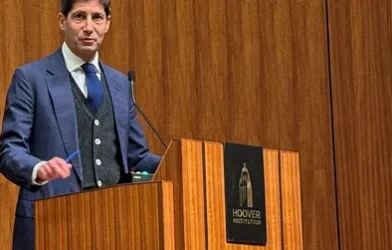When you hear the names LA Galaxy and Toluca, you’re stepping into the world of passionate football rivalry between Major League Soccer (MLS) in the United States and Liga MX in Mexico. These two clubs come from two of the most influential football nations in North America. Though they play in different leagues, matchups between MLS and Liga MX teams have grown more frequent and intense in recent years. Whether it’s a friendly, a Leagues Cup match, or a continental competition, LA Galaxy versus Toluca represents more than just a game; it reflects a clash of styles, cultures, and football philosophies.
LA Galaxy, based in Los Angeles, California, is one of the most recognizable names in American soccer. Founded in 1994, Galaxy was one of the original teams in Major League Soccer. Over the years, it has become a powerhouse, winning multiple MLS Cups and boasting a star-studded history. Players like David Beckham, Landon Donovan, and Zlatan Ibrahimović have all worn the Galaxy jersey, bringing international attention to the club.
Toluca, on the other hand, has a rich history rooted in Mexican football tradition. Officially known as Deportivo Toluca Fútbol Club, the team was founded in 1917, making it one of the older football institutions in the Americas. Based in the city of Toluca, just outside of Mexico City, the club has won numerous Liga MX titles and is known for its passionate fan base and consistent performances over the decades.
When these two clubs meet, it often feels like two different football worlds colliding. The playing style in MLS tends to be physical and fast-paced, with an emphasis on athleticism and open attacking play. Liga MX, and clubs like Toluca, are typically more technical, with greater emphasis on ball control, creative midfield play, and tactical discipline. This contrast makes for an entertaining and unpredictable match every time.
and depth. However, over the last decade, MLS has made significant strides, investing heavily in player development, facilities, and international talent. As a result, matches between teams from these leagues are no longer one-sided. Galaxy, like other top MLS teams, can now compete toe-to-toe with established Liga MX clubs like Toluca.
Fan engagement is another crucial element of these matchups. . It’s more than just club loyalty. It’s cultural. Many fans support both sides in different ways, leading to an electric stadium atmosphere. Flags, chants, and passionate support from both sets of fans make these encounters feel like finals, even if they are just group-stage matches or friendlies.
From a player perspective, these games also offer an opportunity for talent scouting and development. Young players on both sides get to test themselves against a different style of play. Coaches also use these matches to evaluate tactical approaches and squad depth. It’s not uncommon for standout performances in these cross-border clashes to lead to transfers or international call-ups.
For the clubs, the rivalry is also a chance to grow their brand. Similarly, Toluca can reach a broader audience in the United States, particularly among Spanish-speaking fans. The mutual benefits of these matchups extend beyond the pitch and into the business side of football.
In the end, LA Galaxy versus Toluca represents more than a 90-minute game United States and Mexico.













Comments are closed